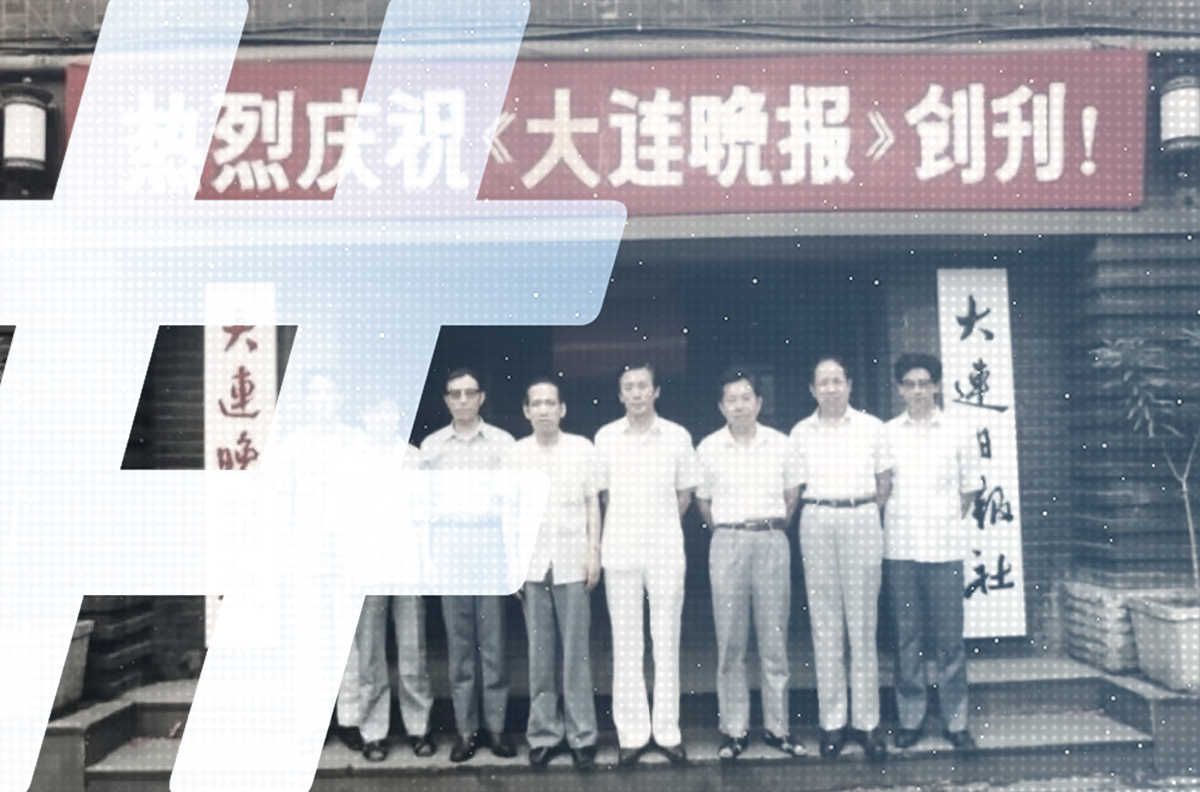In news that has shaken the world of higher education in China, 69 students at Guiyang Defense University were found to have been sent to work at a manufacturing facility in the city of Dongguan just six days after they began their studies. In their three-year course of study, factory labor accounted for half their “study” time, and during work periods they worked daily double shifts of more than ten hours. The wage levels earned by these student laborers are so low as to inspire fury — just 1,300 yuan over a period of seven months, or less than 200 yuan on average per month.
The phenomenon of vocational and technical schools (职业技术学校) “selling students” into work positions at factories, clubs and even entertainment venues [such as nightclubs] is already quite widespread. And it has to be said that there are cases even more severe than this one involving Guiyang Defense University. But this is perhaps the first time that dirty dealings on this scale have been openly exposed.
In fact, the abuse of internships and practical experience is something common to both institutions of higher education and vocational and technical schools in China. Students, and particularly students in vocational programs, require hands-on experience, and this isn’t a problem per se.
But for our colleges and universities, the problem of practical education has been put out to pasture. Schools that originally had their own associated factories to provide hands-on training have closed these loss-making facilities down and pushed students out to find their own practical study experiences. In cases where they are unable to find suitable positions, they often manage to get certification anyhow, and schools simply turn a blind eye. What was once a necessary part of the education process has descended into mere formality.
The problem in the case of secondary vocational education in China now is that student labor is effectively being sold off to factories, with students forced to work in regular placements. The schools make money this way and at the same time get to replace teaching with these so-called internships, winning at both ends of the bargain.
Performing arts schools are generally the worst. In recent years they have been known to send students off directly to work in bars and entertainment venues where they are often expected to provide sexual services.
Many people talk about how our universities have gone awry, and that what is really lacking are secondary vocational schools that train skilled workers and craftsmen. And of course skilled workers do require hands-on experience to develop specific skills with their hands. But this sort of training has to be conducted as part of a curriculum.
Part of the education process, internships are not the same thing as regular work placements. Regular work placements in this context essentially amount to using fee-paying students as a source of cheap labor, and many schools are colluding with factories to improperly exploit the sweat of students. These methods are of very little practical benefit to the development of student skills. And long stints of doing work on the assembly line could even be detrimental to their practical abilities.
Schools are places where people are supposed to grow and develop. But many schools have already become seriously displaced from this intended role. They have transmuted into profit-seeking machines that cast aside the dignity of students and trample on disregard their futures.
Our schools have become labor contractors. Worse yet, they are labor contractors who call themselves teachers. They are more rapacious and cruel than true labor contractors. Just imagine, in this age of labor scarcity — what region could possibly attract workers by offering double-shift days for less than 200 yuan a month? But in our teaching schools this is exactly what’s happening.
When schools are unscrupulous to this extreme, is it really right anymore to call them schools?
Most regrettable is that this is the reality facing our schools. This kind of profit-seeking in our schools is something we see everywhere. On the one hand, our schools have a high degree of administrative control. On the other hand, our schools resemble those shady brick kilns [where in the past workers have been found to have been enslaved].
What sorts of deformities will these extraordinary marriages of power and money spawn in the future? They can only be worse and worse, one more monstrous than the next.
This article is a translation adapted from the original editorial published in Guangzhou Daily.




















